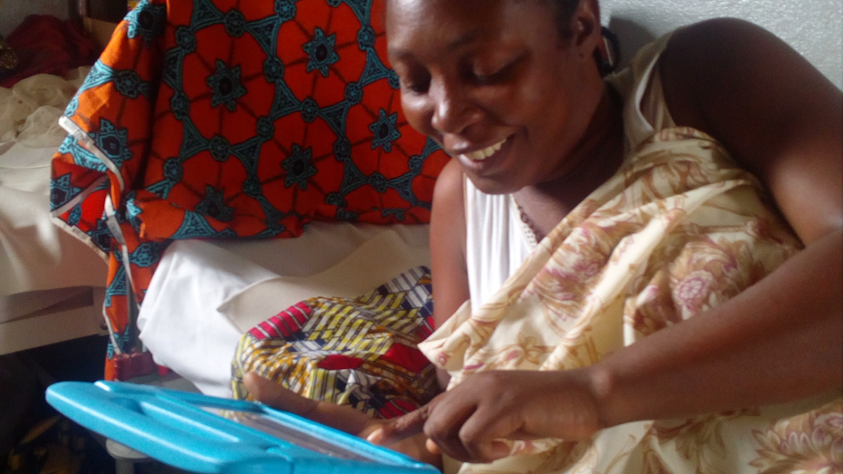Leaving no one behind: Let us commit to ending fistula now
2018 has been the year of the woman. Five months in and we have witnessed initiatives of female empowerment that have arguably been unparalleled before this time. Yet, let’s not jump to celebrate such advancements for gender equality so hastily, because even though we are celebrating 100 years of female suffrage here in UK, millions of women are still excluded from basic human rights.Obstetric fistula is the epitome of gender inequality, and the fact that it still exists gives us a clear vision of where systems continue to profoundly fail women and girls.
Alien to the Western world, this maternal morbidity continues to afflict to the world’s most marginalized women who do not have access to health services. It symbolizes a multi-faceted injustice; that of fierce gender inequality, denial of human rights and lack of access to sexual and reproductive services. The fact that an estimated 2 million women and girls are living with obstetric fistula stands as a stark reminder that there is an absolute deprivation of reproductive and maternal rights in the developing world which need to urgently be addressed.
Women suffering with fistula are prone to experience neurological disorders, orthopedic injury, bladder infections, painful sores, kidney failure or infertility. The inescapable odor of incontinence leaves them abandoned by their families and stigmatized by their communities. This ostracism makes it difficult for them to support themselves financially, exacerbating their poverty further.
What we are doing to fight gender inequality by ending obstetric fistula:
- OpFistula is cooperating with the Government of Madagascar and UNFPA to treat every woman with obstetric fistula in the country. The project has started with a pilot phase in the SAVA region on 1st March of this year and we are committed to ending fistula in every region in the country.
- OpFistula works in co-operation with the UNFPA on a five-country pilot project to bring our Global Obstetric Fistula Automated Registry (GOFAR) technology into 5 UNFPA countries: Bangladesh, Cameroon, Malawi, Madagascar and Nepal. The goal of this project is to form a strong basis for consistent data gathering systems for the future, which will help guide national strategy.
- By working directly with government and using our technology and analytics capacity, we are able to develop surveillance systems that map and monitor gender inequality. This effort will not only help us identify new cases of fistula wherever gender inequality is most severe, it will also allow us to use the data we have on fistula to find other populations who have been marginalized by this systemic gender inequality.
What you can do on this International Day to End Obstetric Fistula:
- Talk about it! The more awareness we raise, the greater the action that will be taken. Use #endfistula #fistuladay #IDEOF18 and let people know that obstetric fistula still exists in the world
- Write to us info@opfistula.org to see how you can get more involved in fighting this injustice
- Generously give here to support our valuable work
